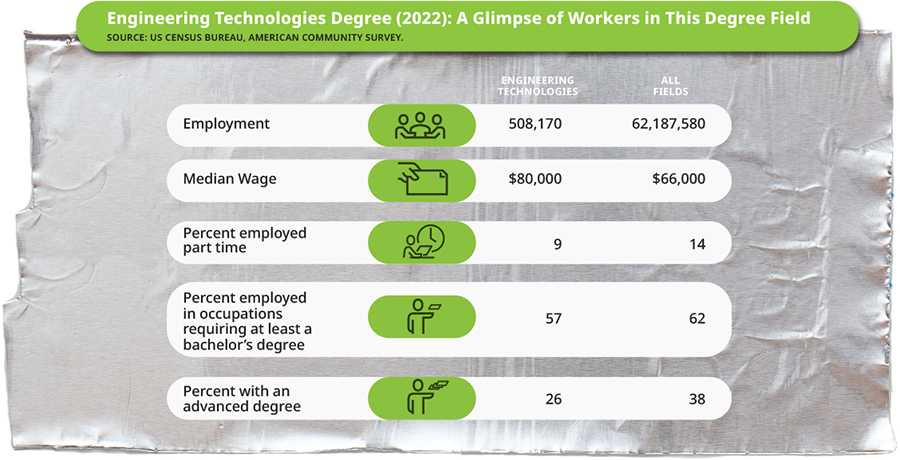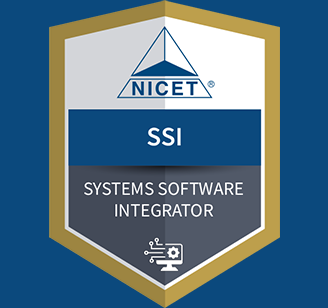December 2013
PE REPORT
NSPE Urges Stronger Standards For Federal Engineering Positions
In October, NSPE urged the Office of Personnel Management to strengthen its qualification standards for federal professional engineering positions by requiring a PE license.
“NSPE and OPM share a common mission to ensure that our engineers’ foremost priority is to protect the public health, safety, and welfare,” NSPE President Robert Green, P.E., F.NSPE, writes in a letter to OPM Deputy Associate Director for Recruitment and Hiring Kimberly Holden. “A PE’s rigorous training and demonstrated expertise is a prerequisite to meeting this goal.”
Green strongly urged OPM to revise its qualification standards on behalf of NSPE in response to a recently proposed draft revision that would allow those with engineering technology bachelor’s degrees from ABET-accredited programs to qualify for federal professional engineering positions. Given that existing requirements for a professional engineering position in the federal government already fail to meet the requirements for PE licensure, NSPE took the opportunity to both oppose the further eroding of basic and long-standing standards for the practice of professional engineering and request the federal government’s standards be strengthened.
“To qualify as a professional engineer in most states, one must earn a four-year bachelor’s degree in engineering from an ABET-accredited program, pass both the Fundamentals of Engineering and Principles and Practice examinations as prepared and administered by the National Council of Examiners for Engineering and Surveying, and obtain at least four years of professional experience,” Green writes. “At a time when the federal government is seeking to promote broad economic prosperity and to enhance our national security, all federal agencies must show leadership and establish and maintain high engineering qualifications and standards for employees in the federal workforce.”
NSPE was not the only professional society to write Deputy Associate Director Holden in October regarding OPM’s recently proposed draft revision. The American Society of Civil Engineers also expressed its concerns in a letter from ASCE Executive Director Patrick Natale, P.E., F.NSPE.
“ASCE has strong concerns regarding the inclusion of engineering technology degrees as qualifying for professional engineering occupations,” Natale writes. “The revisions will compromise assurance of minimum engineering competency. Recognizing the importance of professional licensure of engineers as an imperative element in the protection of the public health and safety, ASCE strongly supports a differentiation between the requirements of engineering professionals and engineering technologists.”


 Volunteering at NSPE is a great opportunity to grow your professional network and connect with other leaders in the field.
Volunteering at NSPE is a great opportunity to grow your professional network and connect with other leaders in the field. The National Society of Professional Engineers (NSPE) encourages you to explore the resources to cast your vote on election day:
The National Society of Professional Engineers (NSPE) encourages you to explore the resources to cast your vote on election day:










